The Crown explores the truth of the royals, even if it’s not always accurate
For weeks, fury has erupted over a scene to be included in The Crown. Here’s the truth behind all that anger.
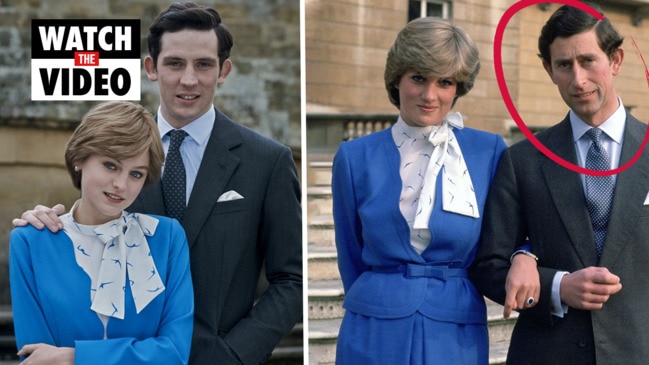
Royalists have been out in force for weeks, shaking their gloved fists at the upcoming season of The Crown.
If they were concerned it might damage Charles’ reputation, they weren’t wrong. His-now-Majesty does not come off looking well in the episodes due for release on November 9.
A fuddy duddy who mansplains about Tiberius’ connection to Capri while sneering at Diana’s (Elizabeth Debicki) idea of fun – shock horror, waterskiing! – the Charles of the screen is every bit the out-of-touch royal compared to his modern and young wife.
Dominic West infuses the character with the streak of contempt we’ve long associated with 1990s-era Charles – and with aristocratic and royal elites in general.
The Crown’s writers don’t make you wait long before it launches into one of the most controversial plot points of the new series: that of Charles angling to be monarch before his time.
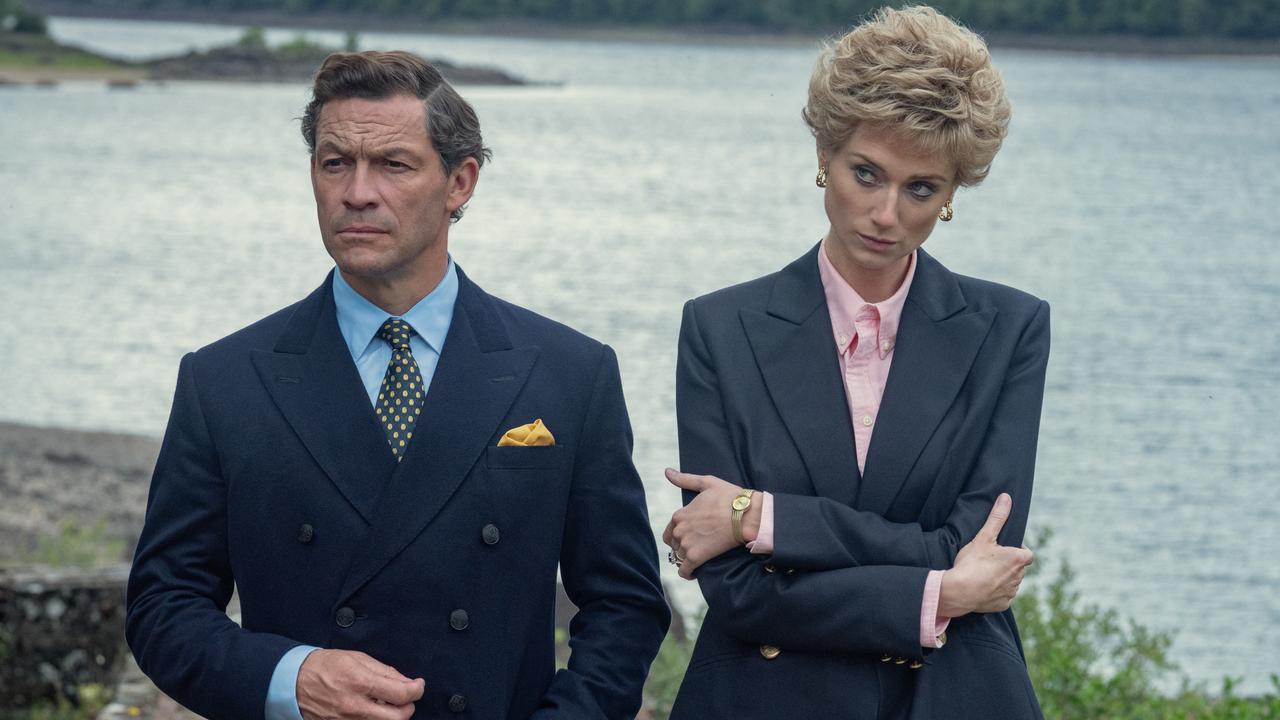
The already infamous scene between Charles and John Major (Jonny Lee Miller) in which he suggests a plot to have Queen Elizabeth (Imelda Staunton) abdicate in favour of him has been condemned as incendiary for weeks.
What actually transpires in the context of the episode, and the series as a whole, is much more complex.
The first shot is fired not five minutes into the first episode, on the revelation of a poll published by The Sunday Times which found more than half the population was in favour of Charles assuming the throne sooner rather than later.
Charles receives this news with curiosity and then intrigue. West allows Charles the smallest of satisfied smiles, but it is undoubtedly there. And then he contrives a meeting with the recently installed PM, lying to cut short a family holiday.
In the room, Major barely reacts, his fierce intellect giving nothing away other than a whirring mind, as Charles not so subtly reflects on his situation by making the comparison to Edward VII, the son of Queen Victoria who waited almost six decades to ascend.
At this point in the timeline, Charles is 42, and he is impatient for his purpose.
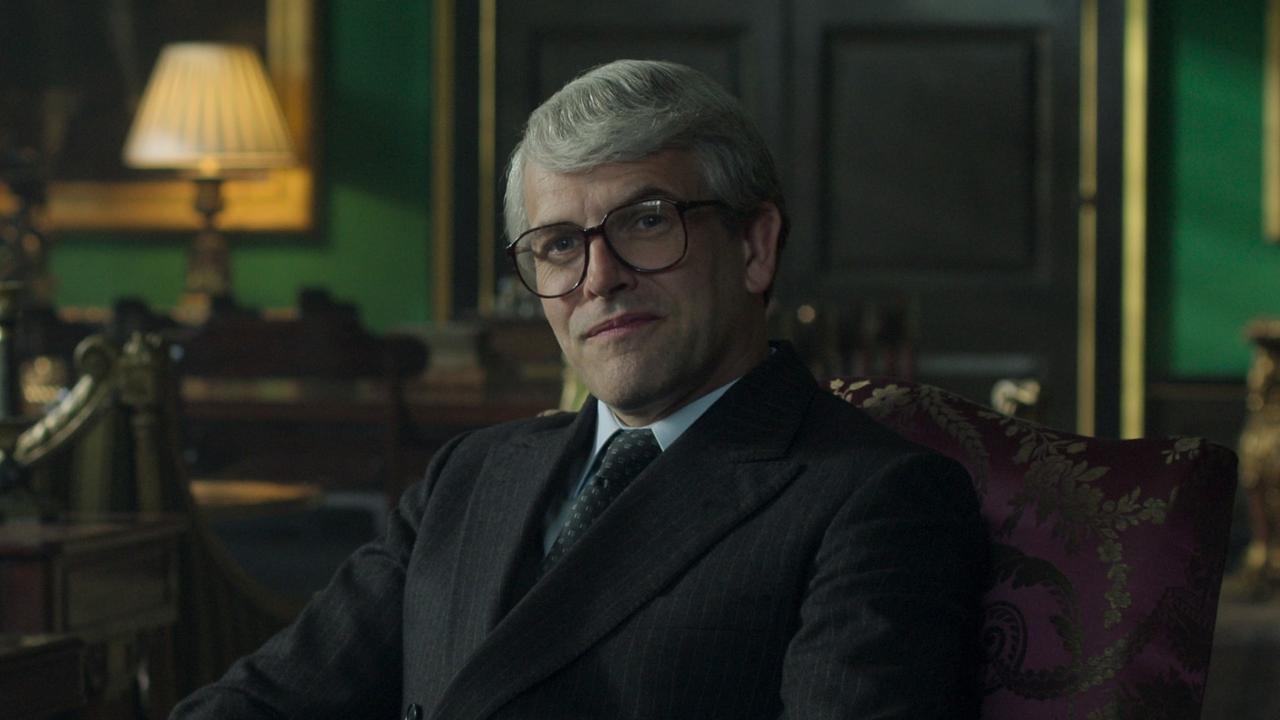
This is the scene that will cause the most indigestion because at the heart of its existence is not a make-believe exchange that lies about what happened (Major has publicly refuted any such conversation ever took place), but what it reveals about the truth of the royal situation then and now.
The depth of the series’ writing means the scene underpins much more than a so-called scurrilous speculation. It’s concerned with nothing less than the continued relevance of a centuries-old institution predicated on inherited wealth and power.
The onscreen Charles outwardly worries that the public is “tired of not her, but the monarchy itself”. This is where The Crown is truthful but not accurate. There is a difference, as absurd as that may sound.
The truth the series is trying to grasp at is monarchy is an anachronism – and it doesn’t necessarily cast judgment either way on whether that’s a positive or negative.
Both truths can be held in the same hand because as much as there is inherent inequity and sometimes rancid entitlement, the royals can also be a force for good, especially when it comes to cultural soft power.
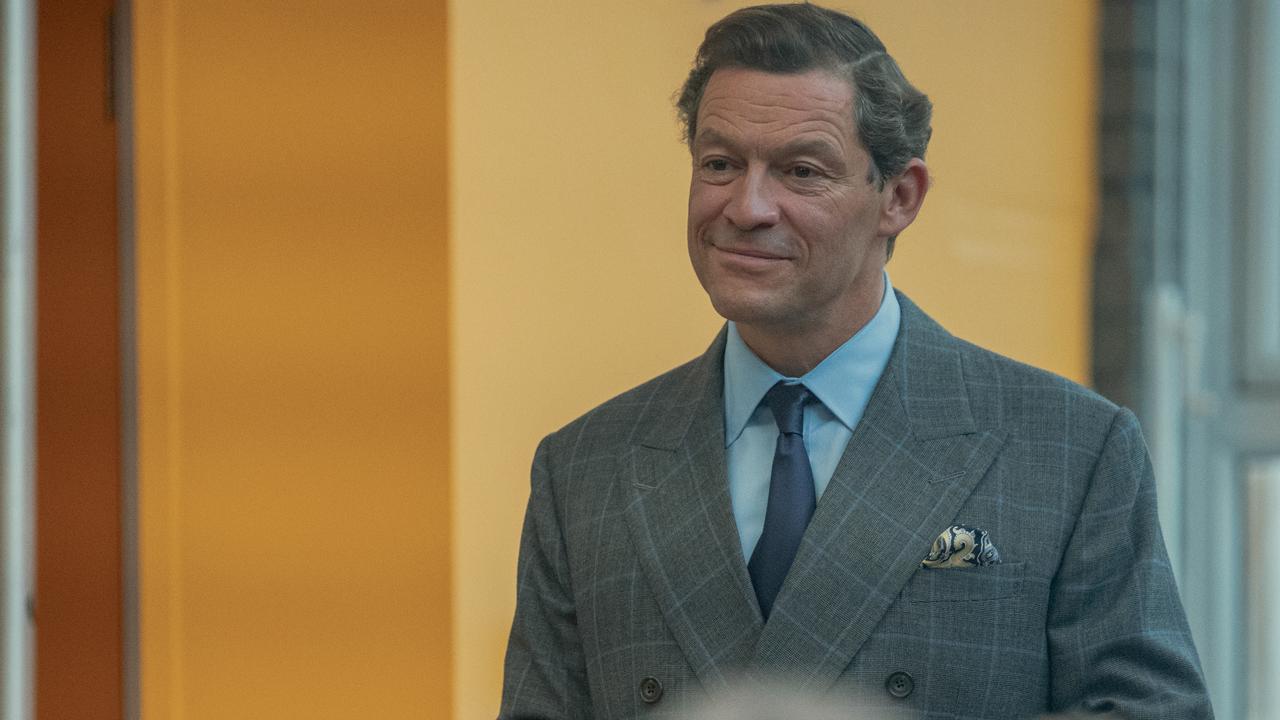
This is what The Crown explores with compassion. And its fifth season does so with as much sophistication and nuance as the first. Royalists who criticise the series for existing, for being “cruel” and playing with the lives of real people miss the many points the show is trying to make.
You can be a republican and have your worldview reinforced by The Crown. You can also be a monarchist and experience the same.
Peter Morgan’s drama – and it is, above all, not a sociological or historical work but a TV show – is interested in delving into the humanity of its characters, into their flaws, their desires and their relationships.
By packaging it up with superb writing and even more splendid production values makes the real-life royals more relatable than anything they themselves could craft.
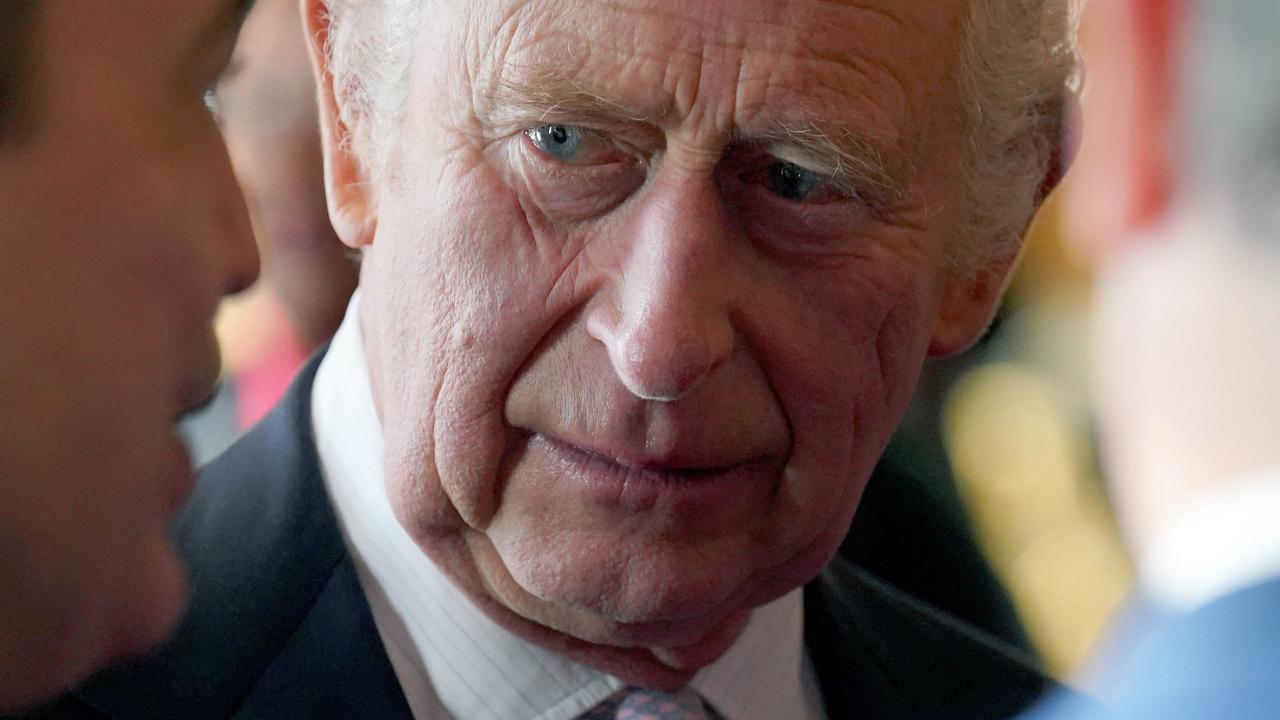
Royalists and The Crown’s detractors also ignore – perhaps in good faith but also perhaps not – that the British royals are themselves in the business of mythmaking. This is just someone else contributing to that myth.
Did Charles really bail on his family holiday so he could plot the Queen’s abdication behind the monarch’s back? Probably not.
And viewers can make that distinction, but they will also remember that the real Charles was the subject of scorn and derision for much of the 1990s. Pretending that didn’t happen is a lie.
Sometimes you have to wonder what is the distinction between a fictionalised version of events and the carefully curated version of events the real-life royals want you to know.
Neither would be entirely accurate, whether by dramatisation or omission. And it’s not always clear which is more truthful.
The Crown season five is on Netflix from November 9






